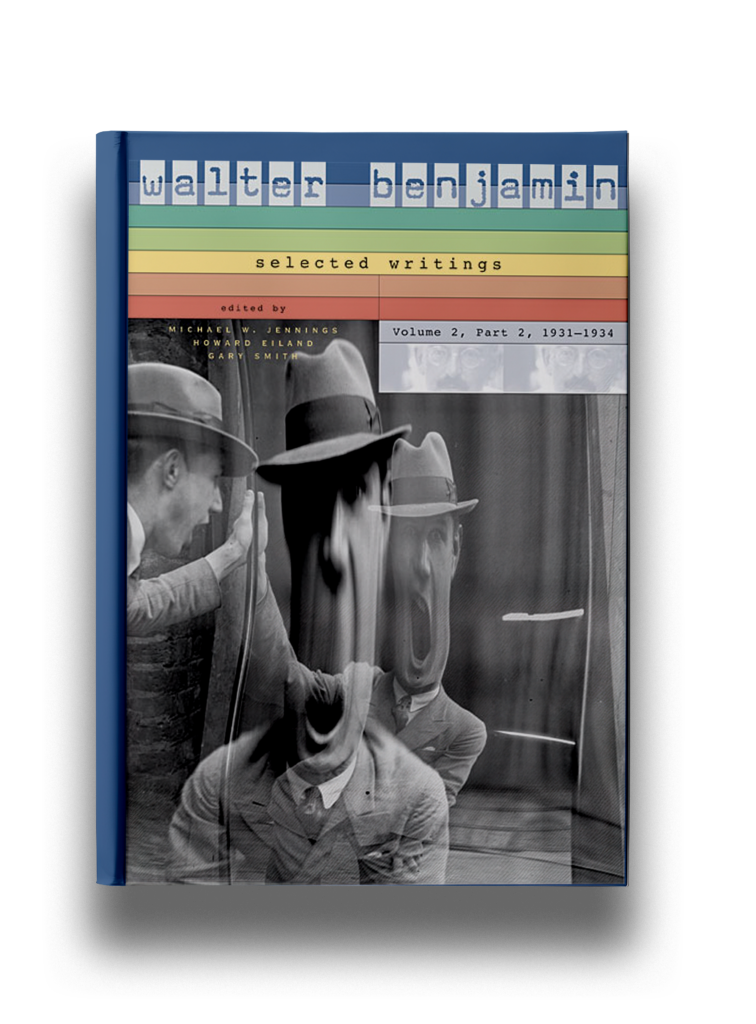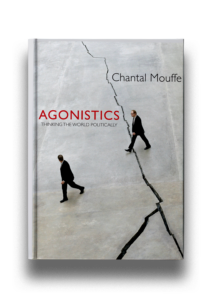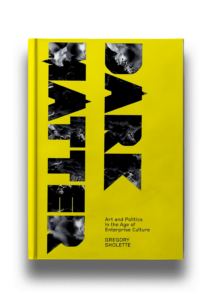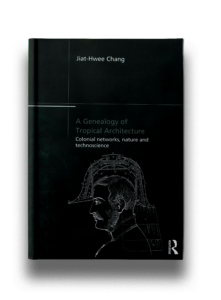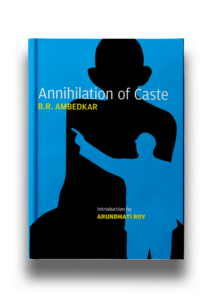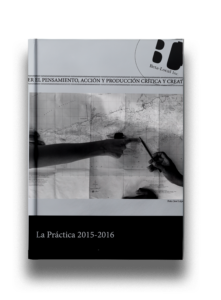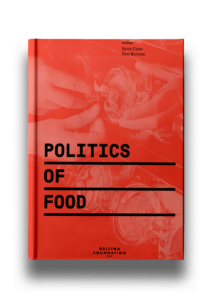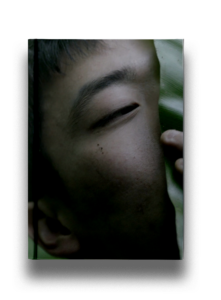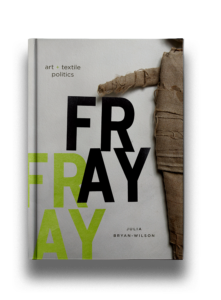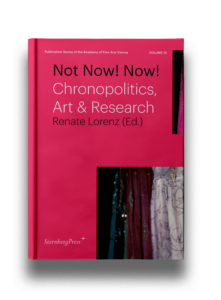Year
1999
Publisher
Harvard University Press
Author
Walter Benjamin
Annotation
Walter Benjamin’s writing – and life story – has been with me from an early stage, initially as a school student through his writing on Brecht (wherein he coined the term ‘dialectics at a standstill’ to describe Brecht’s political methodology of playwriting and theatre direction) and then as a PhD student getting lost in The Arcades Project, a truly ‘poethical’ series of writings, to take up Ferreira da Silva’s term. But it is in ‘The Author as Producer’ that I find most connection to ongoing debates about the role of the artist and curator in contemporary politics, and a text I think of often in discussing the Visible project. The short text is a transcript of an address Benjamin gave to the Institute for the Study of Fascism in Paris in 1934, in which he contrasts an ‘autonomous’ artist with a ‘tendentious’ one. Benjamin goes on to desiccate an argument of the time in which form and content are opposed (he talks about poetry because of his audience) and where the general assumption is that tendentious work is of a lesser quality. This is an argument still very much in evidence today. In 1934, speaking at a soon to be disbanded Institute for the Study of Fascism, Benjamin calls out political assimilation in a way that resonates as much today: ‘For we are faced with the fact – of which the past decade in Germany has furnished an abundance of examples – that the bourgeois apparatus of production and publication can assimilate astonishing quantities of revolutionary themes – indeed, can propagate them without calling its own existence, and the existence of the class that owns it, seriously into question.’ (p. 774)
I think these questions are very alive in the Visible project, especially in the Visible Awards, where in my experience, the question of aesthetics is often dialectically opposed to questions of, for example, contributions to social justice.
Andrea Phillips
You will remember how Plato deals with poets in his ideal state: he banishes them from it in the public interest. He had a high conception of the power of poetry, but he believed it harmful, superfluous-in a perfect community, of course. The question of the poets right to exist has not often, since then, been posed with the same emphasis; but today it poses itself. Probably it is only seldom posed in this form, but it is more or less familiar to you all as the question of the autonomy of the poet, of his freedom to write whatever he pleases. You are not disposed to grant him this autonomy. You believe that the present social situation compels him to decide in whose service he is to place his activity. The bourgeois writer of entertainment literature does not acknowledge this choice. You must prove to him that, without admitting it, he is working in the service of certain class interests. A more advanced type of writer does recognize this choice. His decision, made on the basis of class struggle, is to side with the proletariat. This puts an end to his autonomy. His activity is now decided by what is useful to the proletariat in the class struggle. Such writing is commonly called tendentious.
